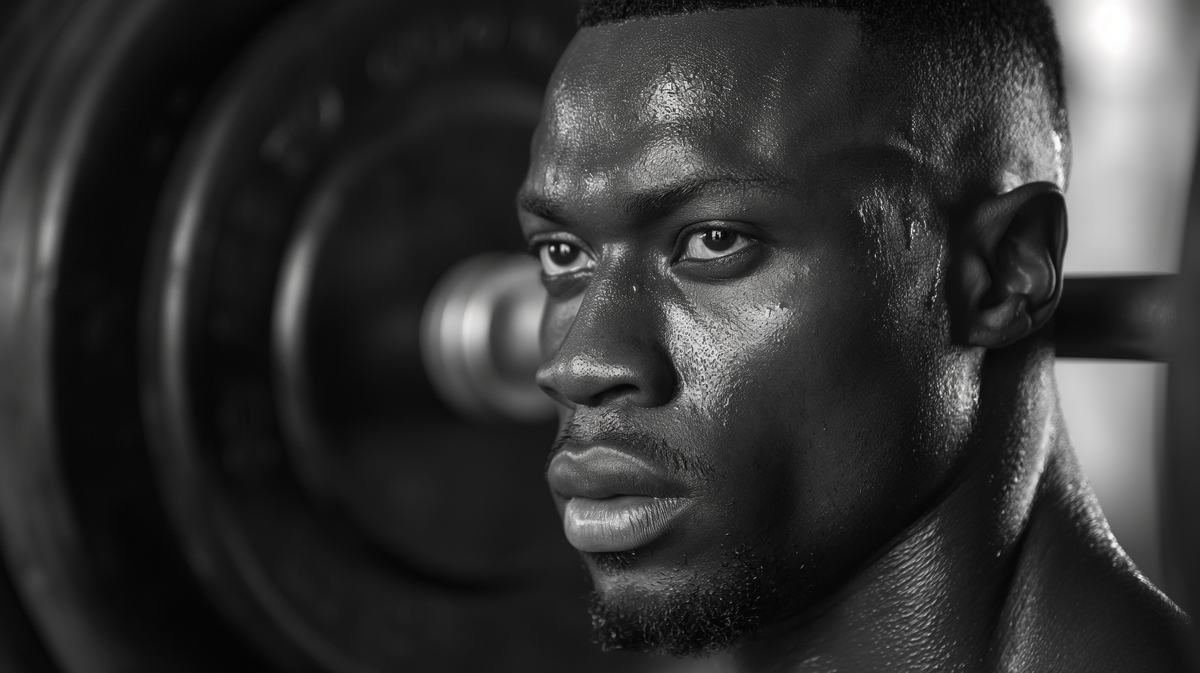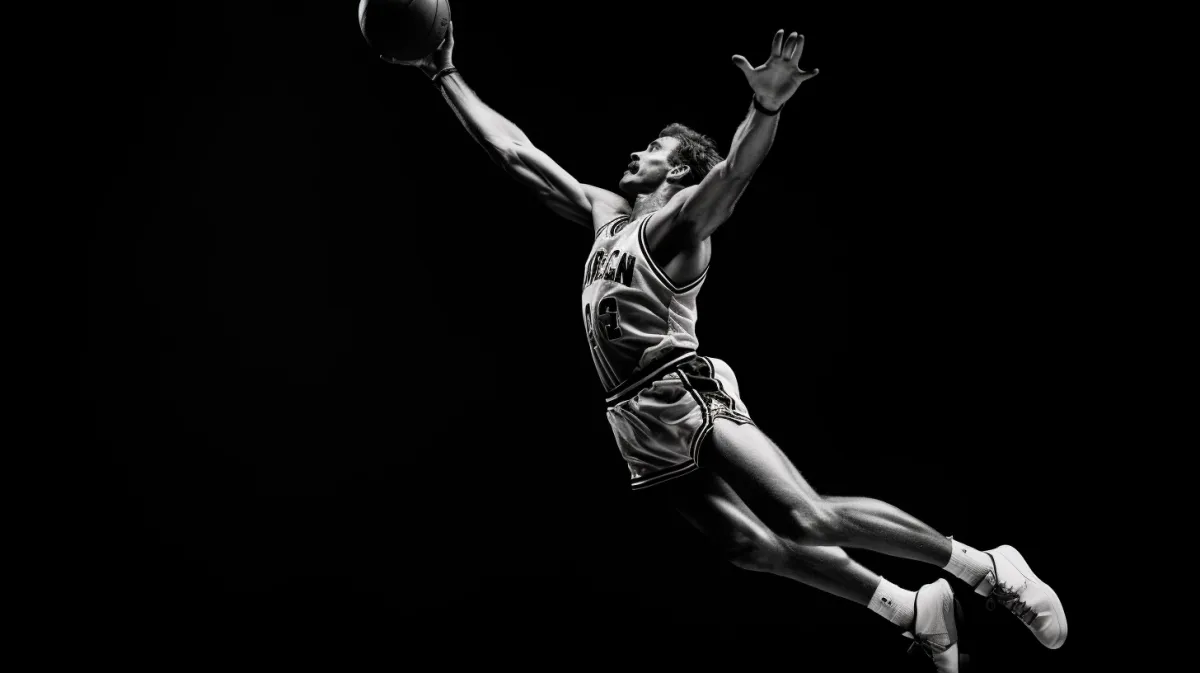The Impact of Mental Fatigue on Squat Performance.
Does mental fatigue influence how many repetitions you can perform during a resistance training session, and does its impact vary with the intensity of the exercise?

Ever felt too drained to focus, only to find that same exhaustion tanking your workout later? It's not all in your head—or actually, it is, but not the way you might think. Mental fatigue doesn't just make it harder to concentrate; it directly affects your physical performance too. A 2024 study by Lima‐Junior et al. takes a deep dive into this phenomenon, specifically looking at resistance training across different intensities. The findings? Quite eye-opening.
Understanding the Study
This wasn't just any workout session. The researchers meticulously crafted a scenario to measure exactly how mental fatigue weighs on your ability to pump iron. They roped in resistance-trained young men, ensuring the subjects were no strangers to a squat rack. By comparing performance under normal conditions to those under the cloud of mental fatigue, they aimed to uncover the true impact of a tired mind on muscle endurance.
The Effects of Mental Fatigue on Resistance Training
The results were clear and quantifiable, shedding light on how our brains can influence our brawn:
Low Intensity (50% 1RM)
At lighter weights (50% of one-repetition maximum), the effects of mental fatigue were unmistakable. Participants, bogged down by cognitive exhaustion, saw a significant drop in the number of repetitions they could perform. The difference? A notable 12.1% decrease in performance compared to their unfatigued state. This suggests that when your mind's worn out, your body's endurance follows suit, especially at lower intensities that typically require more repetitions.
Moderate Intensity (70% 1RM)
The trend continued as the weights got heavier. At 70% of their 1RM, these mentally fatigued lifters faced a 15.1% reduction in their performance. It's as if the mental load doesn't just cloud your focus but physically weighs down on you, making each lift feel just that bit heavier, that bit harder.
High Intensity (90% 1RM)
Here's where the plot thickens: at 90% 1RM, the grip of mental fatigue seemingly loosened. The study found no significant difference in the number of reps participants could handle, even with their mental energy sapped. It appears that when the challenge is brute strength over endurance, a tired mind doesn't tip the scales much.
Implications for Your Training Routine
What does this mean for your gym routine? If you're mentally exhausted, it might not be the day for high-rep, endurance-focused workouts. Instead, consider shorter, strength-oriented sessions that don't dip as much into your diminished mental reserves. Remember, tuning into your mental state can be just as crucial as listening to your physical cues.
Conclusion
Lima‐Junior et al.'s 2024 study offers a fascinating glimpse into the interplay between our mental and physical capabilities. As it turns out, a weary mind can indeed make for weary muscles, but the effect varies with the task at hand. By being mindful of our mental fatigue, we can tailor our training to not just cope with its impacts but potentially leverage our state of mind for more effective workouts.

🌐 Connect With Us
🌍 Soma Technologies: Engineered to enhance human performance.
📸 Instagram: Dive into our world through exclusive photos and stories.
👥 Facebook: Join our community for the latest updates and discussions.
📈 LinkedIn: Connect with us professionally and stay informed about industry news.
🎥 YouTube: Watch our latest videos, tutorials.
🐦 X: Follow us for instant updates, news, and engaging tweets.

